
Recommendation
You could fill a small library with books on what entrepreneurs do, how and why. However, until now, that library would have little to offer readers interested in non-profit entrepreneurship. The nine successful social entrepreneurs profiled here are global agents of change, risk takers and organization builders. However, they measure success not by how much money they make, but by how many lives they change. They care about helping abused children or parents with AIDS or impoverished farmers. In a saga that began as an article for The Atlantic Monthly, author and journalist David Bornstein profiles Bill Drayton, who founded an organization to support social entrepreneurs and foster citizen involvement. The book is a unique treatment of an important subject, and therefore valuable. Organizationally, it suffers from the author’s decision to chop up the Drayton story and interject profiles of social entrepreneurs between the segments. The technique would probably work well in a television documentary, but gets a bit disjointed here. That quibble aside, getAbstract highly recommends this very significant book to anyone who wants to make a difference.
Summary
About the Author
David Bornstein specializes in writing about social innovations. His first book, The Price of a Dream: The Story of the Grameen Bank, won second place in the Harry Chapin Media Awards and was a finalist for the New York Public Library Book Award for Excellence in Journalism. His articles have appeared in The Atlantic Monthly and The New York Times.








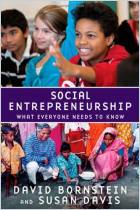
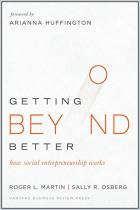
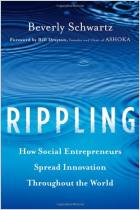
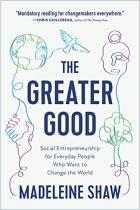

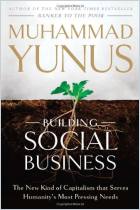
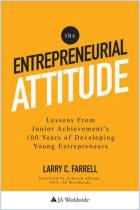







Comment on this summary or Start Discussion